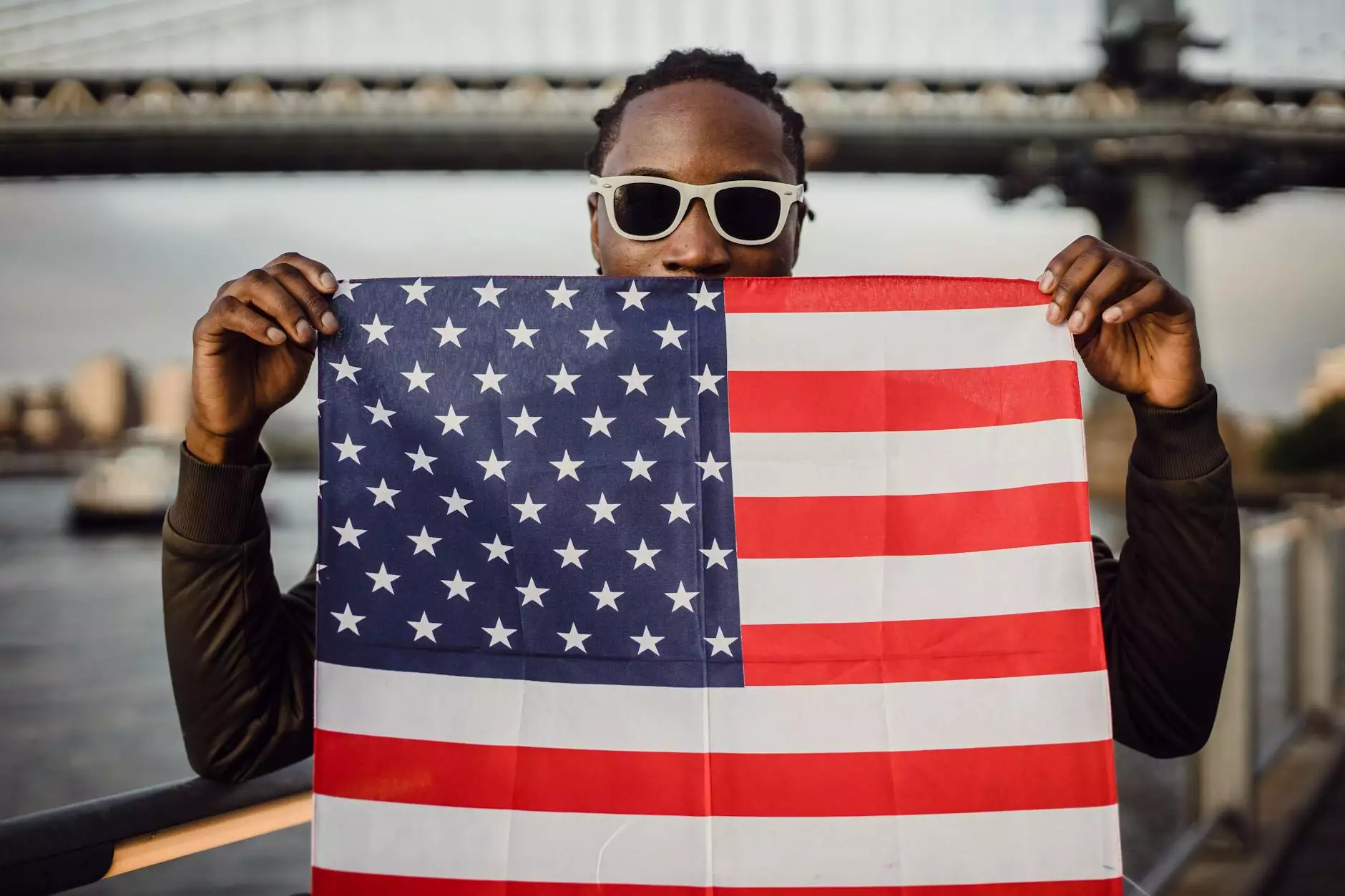Exploring the Vital Role of Black Churches in NYC

The Black churches in NYC have always been a cornerstone of the community, providing not only spiritual guidance but also serving as a hub for social justice, educational advancement, and community service. In a city as vibrant and diverse as New York, these institutions embody the strength, resilience, and cultural identity of African American communities. Their contributions stretch far beyond traditional worship services, making them pivotal players in the social fabric of NYC.
A Historical Perspective on Black Churches
The history of Black churches in NYC dates back to the 18th century when African Americans sought to create their own spaces for worship and fellowship. With churches like the Abyssinian Baptist Church, founded in 1808, these institutions have served as sanctuaries not just for spiritual nourishment, but also for political empowerment and civil rights advocacy.
Early Beginnings
In the face of systemic oppression and racial injustice, early Black church leaders emerged as powerful voices in their communities. They were not merely religious figures but also activists who laid down the groundwork for future generations. This rich history is a testament to the incredible role that faith and community have played in the lives of many, and it continues to influence the mission and values of contemporary Black churches today.
Role in Civil Rights
Black churches were instrumental in the Civil Rights Movement of the 20th century. They provided meeting spaces for planning and organizing protests, rallies, and other forms of activism. Figures like Dr. Martin Luther King Jr. recognized the importance of these churches in mobilizing communities and raising awareness about social injustices.
Current Impact of Black Churches in NYC
Today, Black churches in NYC continue to thrive as essential centers for not only religious activities but also community outreach and social change initiatives. These churches stand on the front lines of critical issues such as education, healthcare, economic development, and housing insecurity.
Spiritual Growth and Community Empowerment
At the heart of each Black church lies a commitment to spiritual growth. Worship services often blend traditional African American cultural elements with contemporary practices, creating vibrant and engaging experiences. This spiritual empowerment is not limited to Sunday services; it extends into weekday activities such as Bible studies, prayer groups, and youth ministries.
- Worship Services: Dynamic services that encourage participation and uplift congregants.
- Youth Programs: Initiatives aimed at mentoring and guiding the next generation.
- Women’s and Men’s Ministries: Groups that focus on the unique challenges and opportunities faced by different demographics.
Community Service Initiatives
Beyond spiritual guidance, many Black churches in NYC have developed robust community service programs. These initiatives address pressing issues such as food insecurity, homelessness, and mental health. For instance:
- Food Pantries: Churches often run food distribution programs to assist families in need.
- Health Awareness Campaigns: Initiatives focused on educating the community about health issues disproportionately affecting African Americans.
- Job Training Programs: Workshops designed to equip individuals with skills for today's workforce.
Black Churches and Social Justice
The commitment of Black churches in NYC to social justice remains steadfast. Leaders from these congregations actively engage in advocacy, calling for policy changes that address inequality and systemic racism. They also play a vital role in organizing community forums and participate in coalitions aimed at addressing issues such as police reform and economic disparity.
Building Alliances for Change
Black churches often collaborate with other faith-based organizations, civic groups, and non-profits to amplify their impact. These partnerships strengthen community ties and increase resources available for collective action. Such alliances have been essential in elevating the voices of marginalized communities and driving meaningful change across New York City.
Education and Black Churches
The dividend of education is another area where Black churches in NYC are making significant contributions. Many churches sponsor initiatives designed to promote academic success among youth. They provide tutoring, scholarship opportunities, and mentorship programs, recognizing the importance of education in breaking the cycle of poverty.
Some notable educational initiatives include:
- After-School Programs: Offering tutoring and enrichment activities to help children develop academically.
- College Readiness Workshops: Preparing high school students for post-secondary education through guidance and resources.
- Adult Education Classes: Providing resources for adult learners to achieve their educational goals.
Community Resilience and Hope
Amid challenges such as gentrification, economic instability, and health disparities, Black churches in NYC emerge as beacons of hope and resilience. They are places where faith is tangible, and community solidarity flourishes. As these churches navigate the complexities of modern society, they continue to adapt and thrive, ensuring their relevance in a rapidly changing world.
The Future of Black Churches in NYC
The future will undoubtedly bring new challenges, yet the unwavering spirit of Black churches in NYC will guide their paths. As they embrace technology and innovative outreach strategies, these churches will continue to deepen their impact in the communities they serve. The legacy of leadership, faith, and service will persist, inspiring future generations to carry the torch of change and community empowerment.
Conclusion
In conclusion, the role of Black churches in NYC transcends mere religious practices. They are institutions rooted in history, fostering community growth, and advocating for social justice. Their contributions towards education and community service resonate deeply within the fabric of New York City, creating a legacy that will continue to shape the future for many. As we move forward, it is essential to recognize and support these pivotal institutions in their mission to uplift and empower.
black churches nyc


